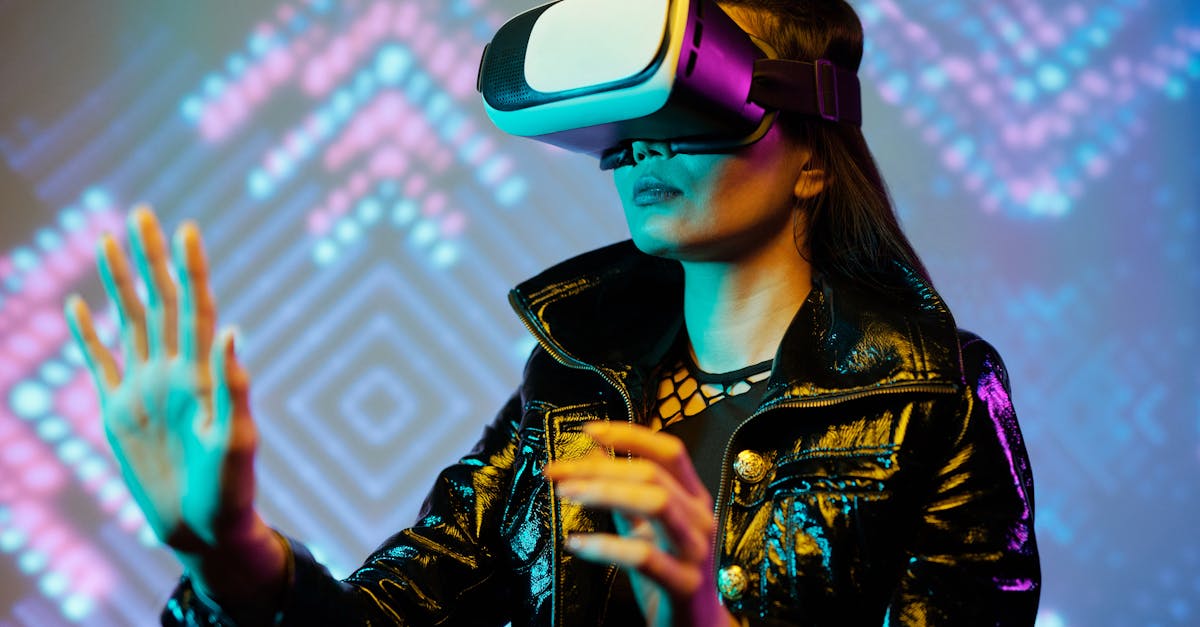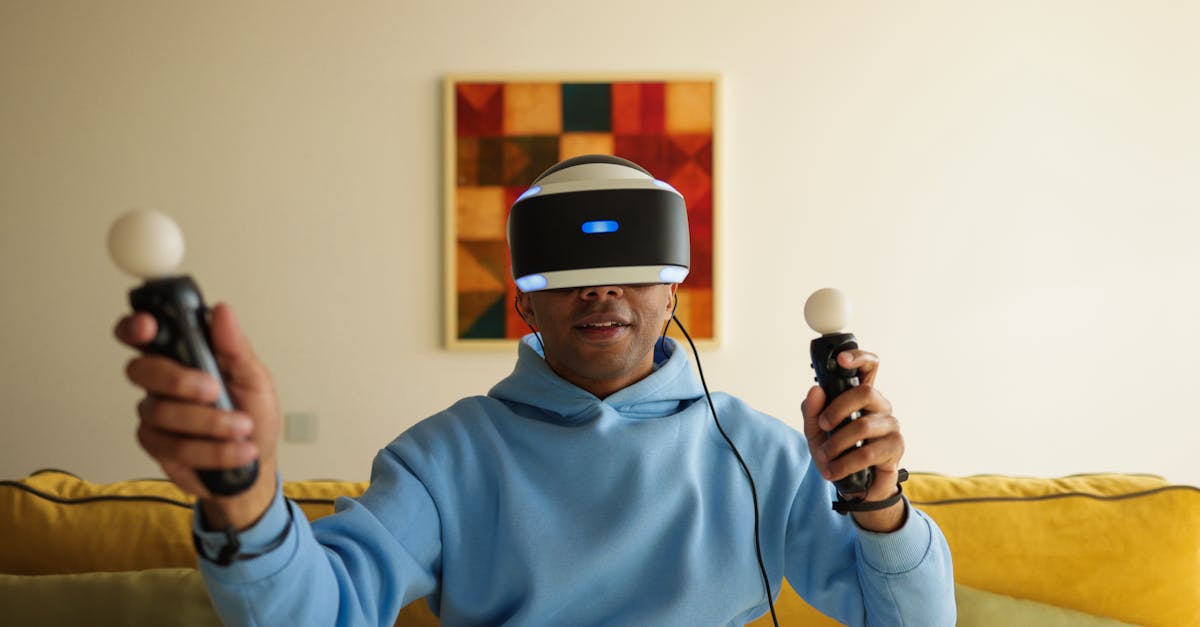Exploring Virtual Reality in Entertainment
Introduction
In recent years, Virtual Reality (VR) has started to redefine the landscape of entertainment. This immersive technology offers unique experiences that are reshaping how we consume media. From gaming to live concerts, VR is making waves across diverse entertainment sectors.
Advertisement
Changing the Gaming World
The gaming industry has been one of the primary adopters of VR. With headsets like the Oculus Rift and PlayStation VR, players can step into the game world, interacting with characters and environments in a novel way. This level of immersion is transforming traditional gaming experiences, bringing interactivity to new heights.
Advertisement
Immersive Cinematic Experiences
VR is also making its mark in the world of cinema. Filmmakers are employing VR to create 360-degree films that allow viewers to explore scenes from multiple angles. This offers a more interactive experience, where the audience feels like participants rather than passive viewers, thus enhancing storytelling.
Advertisement
Virtual Concerts and Events
Concerts and live events are being reimagined through VR. Fans can now attend virtual events from anywhere in the world, offering an unparalleled collective experience from the comfort of home. Artists and organizers gain the opportunity to reach broader audiences while providing an equally dynamic and interactive show.
Advertisement
Empowering Performances and Theatre
The world of performance arts and theatre is finding innovative ways to integrate VR. Audiences can experience stage performances in new dimensions, with enhanced visual effects and soundscapes. This can transform a typical theatre setting into an elaborate, boundary-pushing art form.
Advertisement
Enhancing Theme Parks and Attractions
Theme parks are leveraging VR to create exhilarating rides and attractions. By blending physical movements with vivid virtual worlds, visitors can experience heart-pounding adventures that challenge the limits of reality. This dynamic integration of technology provides unique thrills that were previously unimaginable.
Advertisement
Social VR and Virtual Communities
Social interactions are evolving with the advent of Social VR. Platforms like VRChat offer virtual spaces where users can meet, interact, and play games with others in a realistic setting. This fosters new types of relationships and communities, transcending geographical boundaries while promoting collaborative creativity.
Advertisement
Educational and Informative Experiences
VR is not just for entertainment; it's proving essential in educational sectors as well. Virtual field trips and educational games offer students interactive learning experiences that realism and engaging narratives can enrich. This transforms the traditional learning environment into a more stimulating and engaging experience.
Advertisement
Challenges and Opportunities
Despite its many advantages, VR technology faces several challenges such as high costs and accessibility. Yet, the continuous development and integration into everyday life present exciting opportunities. Innovations are consistently increasing accessibility, hoping to make VR a widespread entertainment medium soon.
Advertisement
Conclusion
In conclusion, VR is reshaping entertainment by providing immersive experiences that captivate and engage. As technology evolves, the impact of VR on entertainment will expand, offering endless possibilities. The future holds promising developments that continue to redefine how we experience entertainment.
Advertisement


